The Verrazzano-Narrows Bridge, one of New York City’s most iconic and heavily traveled bridges, is set to receive a massive upgrade aimed at keeping its cables strong and corrosion-free for decades to come.
Verrazzano Bridge to Get $249M Makeover to Fight Cable Corrosion
At its monthly board meeting this week, the MTA approved a $249 million contract focused on protecting the 60-year-old suspension bridge, which connects Brooklyn and Staten Island and carries about 220,000 vehicles daily.
The centerpiece of the work involves installing a cutting-edge dehumidification system inside the bridge’s four massive suspension cables. The system will help fight internal corrosion and also help to maintain the strength of the bridge’s steel wires.
“It’s a new system for us, but it’s become a widely accepted method of preventing steel cable corrosion around the world,” said Jamie Torres-Springer, president of MTA Construction & Development.
The Verrazzano-Narrows is the longest suspension bridge in the U.S. Preserving its core infrastructure is essential for long-term safety and performance.
Monitoring System Will Track Cable Conditions in Real Time
In addition to dehumidification, the contract includes the installation of an acoustic monitoring system that will provide real-time data on the condition of the cables. The monitoring system will track humidity levels, identify potential issues, and support long-term maintenance.
Other work in the project scope includes replacing hand ropes and stanchions, inspecting internal cable panels, upgrading electrical and communication systems, and maintaining both the dehumidification and monitoring systems for five years after commissioning.
The MTA awarded the contract to Skanska Koch, Inc., a company experienced in large-scale infrastructure projects.
Project Ties Into Broader MTA Bridge Strategy
The Verrazzano-Narrows upgrade is part of a broader MTA strategy to retrofit all four of its suspension bridges with dehumidification systems. The agency has already begun similar work on the RFK Bridge and plans to expand the effort through its 2025–2029 capital plan.
MTA’s seven bridges and two tunnels together carry over 336 million vehicle crossings each year.
An article in Roads & Bridges magazine praised dehumidification as a cost-effective approach to extending the life of suspension bridges and keeping humidity levels inside cables below 40% is key to success.
Timeline Remains Unclear After Prior Delay
The project was previously discussed in 2023 but was shelved after Gov. Kathy Hochul delayed the rollout of congestion pricing on June 5, 2024. Now back on track, the cable rehabilitation work is expected to take about four years.
An exact start date has not yet been announced.

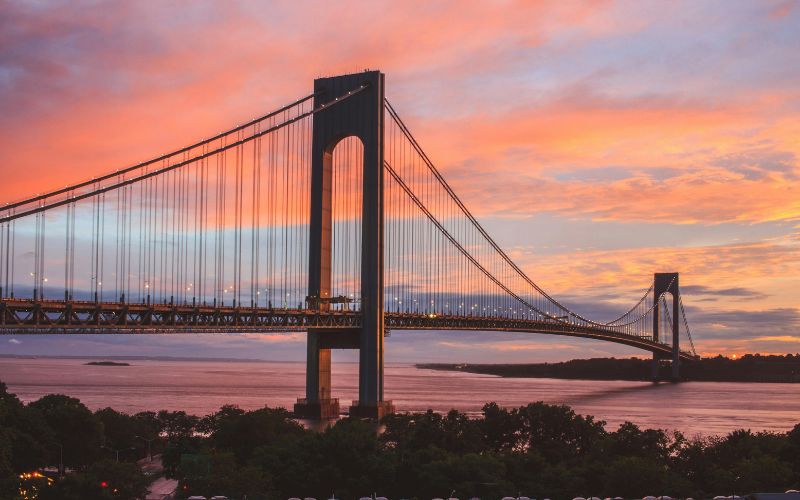



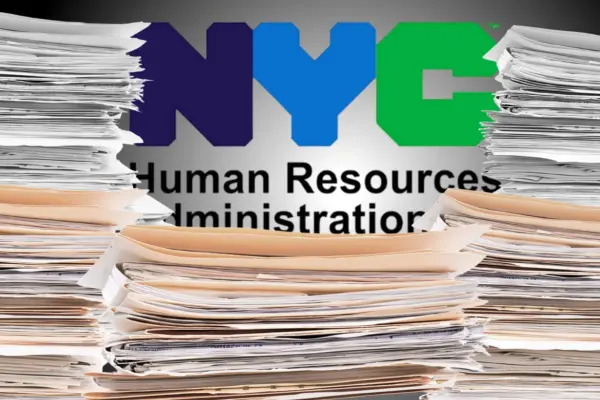
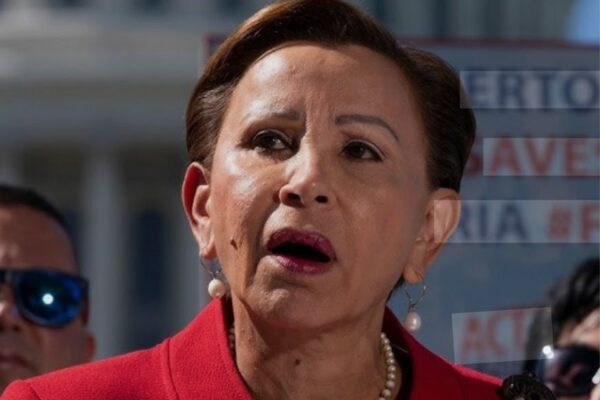

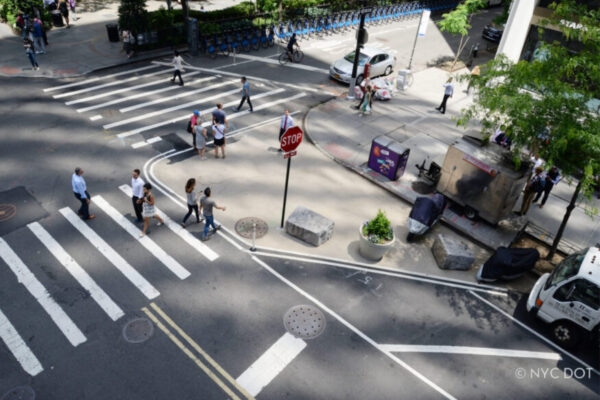
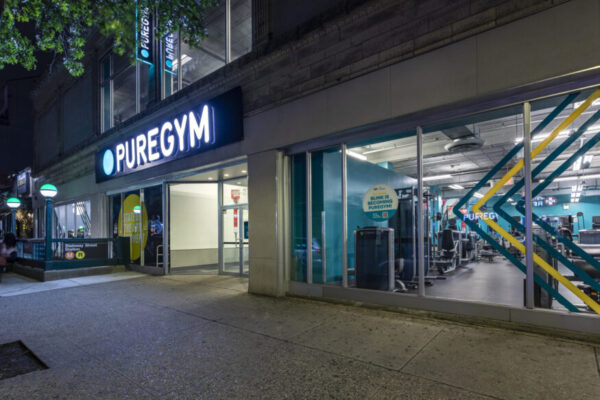

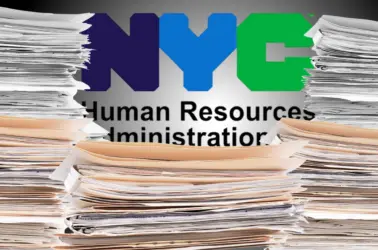






Leave a Reply
You must be logged in to post a comment.